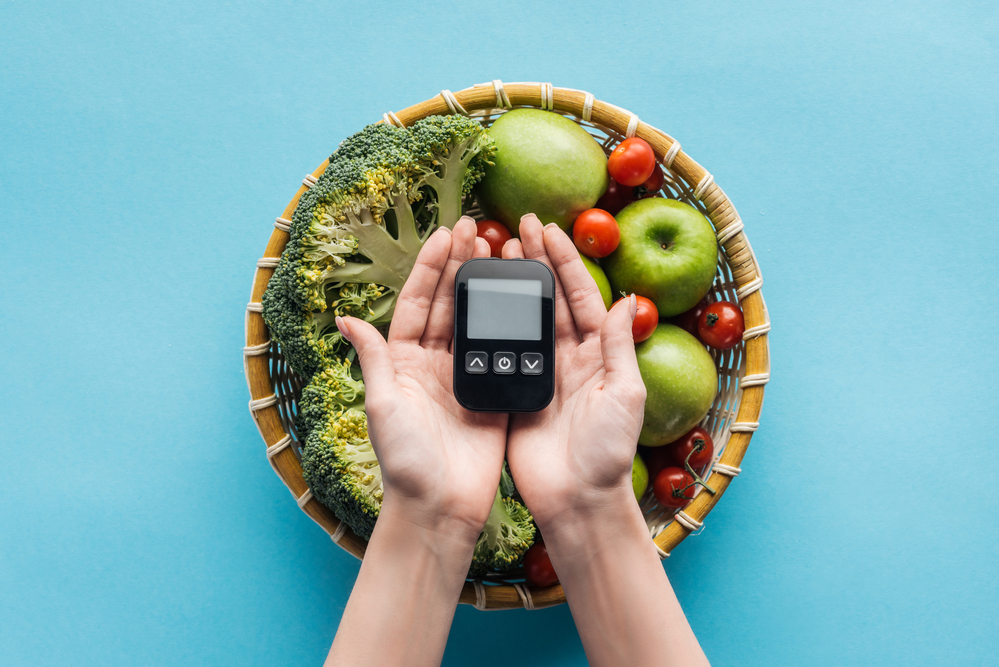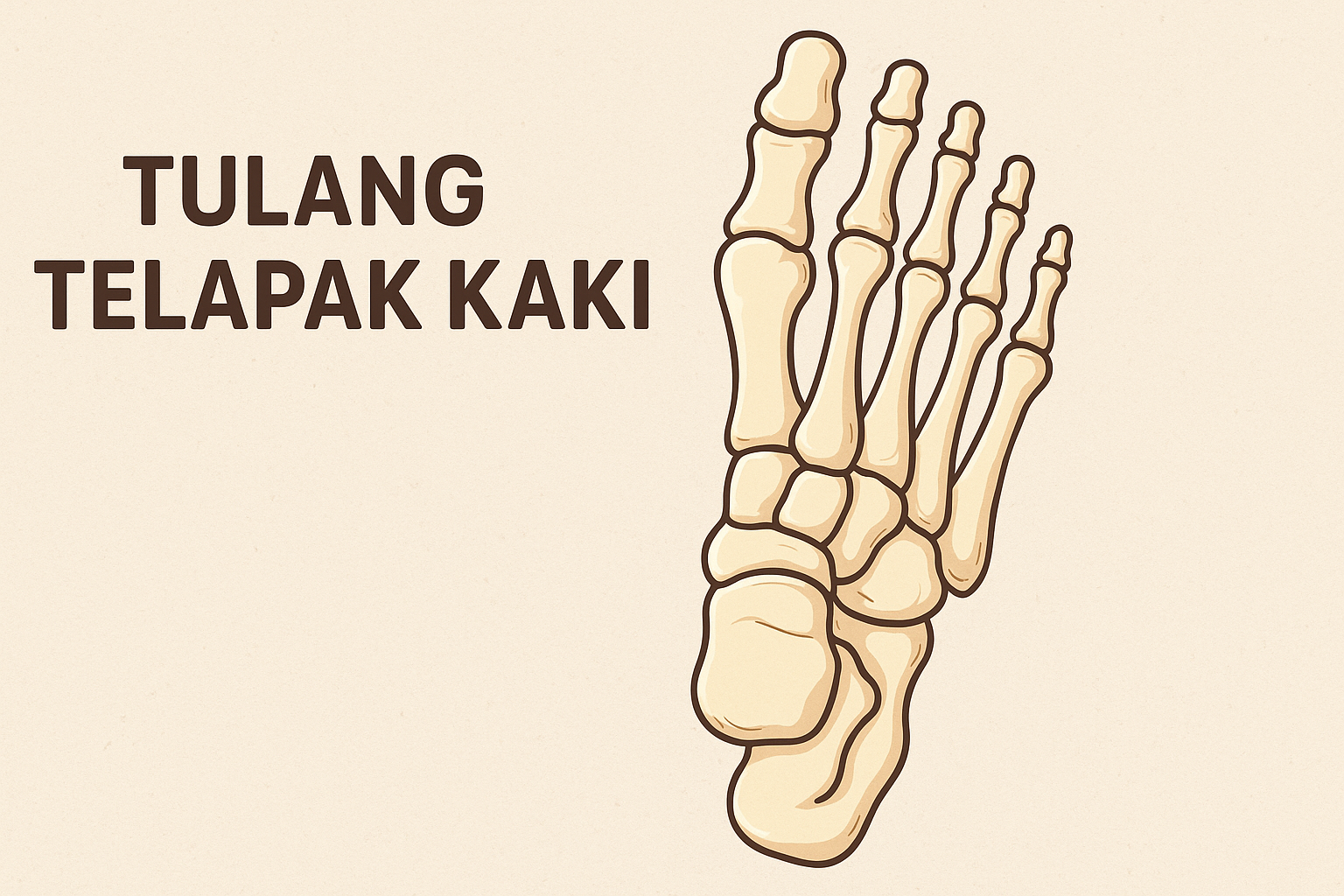Managing diabetes effectively is crucial for preventing complications and maintaining a high quality of life. Whether you have type 1 or type 2 diabetes, keeping blood sugar levels in check is essential for good health. Proper diabetes management requires a combination of lifestyle changes, medication, and regular monitoring. In this article, we will explore the most effective ways to control blood sugar and manage diabetes on a daily basis.
Understanding Blood Sugar and Diabetes

Blood sugar, or glucose, is the body’s primary energy source. In people with diabetes, the body either doesn’t produce enough insulin (a hormone that helps regulate blood sugar levels) or doesn’t use it effectively, leading to elevated blood sugar levels. Consistently high blood sugar can lead to serious health problems such as heart disease, kidney damage, and nerve damage.
There are two main types of diabetes:
- Type 1 Diabetes: An autoimmune condition where the body’s immune system attacks insulin-producing cells in the pancreas.
- Type 2 Diabetes: A condition where the body either becomes resistant to insulin or doesn’t produce enough of it.
Both types require careful blood sugar management to prevent complications. Here are some effective ways to control blood sugar:
1. Follow a Balanced Diet
A well-rounded, healthy diet is one of the most important aspects of diabetes management. Certain foods can cause rapid spikes in blood sugar, while others help keep it stable. Here are some key dietary strategies to manage blood sugar levels:
- Choose low glycemic index (GI) foods: The glycemic index measures how quickly a food raises blood sugar levels. Foods with a low GI, such as whole grains, legumes, and non-starchy vegetables, release glucose slowly and can help keep blood sugar levels stable.
- Focus on fiber: High-fiber foods like vegetables, fruits, whole grains, and legumes can slow the absorption of sugar into the bloodstream, helping to keep blood sugar levels in check.
- Watch portion sizes: Eating too much of any food, even healthy ones, can cause blood sugar to spike. Pay attention to portion sizes to avoid overeating.
- Limit sugary foods and drinks: Minimize your intake of sugary snacks, desserts, and beverages, as these can lead to rapid increases in blood sugar levels.
2. Exercise Regularly
Physical activity is one of the most effective ways to control blood sugar. Exercise helps your body use insulin more efficiently, which can lead to better blood sugar control. It also helps you maintain a healthy weight, which is important for managing type 2 diabetes.
- Aim for at least 150 minutes of moderate-intensity exercise per week: Activities like walking, cycling, swimming, or dancing are all great options.
- Include both aerobic and strength training exercises: Aerobic exercises like jogging or swimming help improve cardiovascular health, while strength training exercises like weight lifting or resistance band workouts can improve muscle mass and insulin sensitivity.
- Stay consistent: Regular exercise is key to long-term blood sugar control, so aim to make physical activity a part of your daily routine.
3. Monitor Your Blood Sugar Levels
Regular blood sugar monitoring is essential for managing diabetes. It allows you to track how your lifestyle choices, including diet, exercise, and medication, are affecting your blood sugar levels. Monitoring your blood sugar can help you make informed decisions about your health and make necessary adjustments to your diabetes management plan.
- Use a glucose meter: A home glucose meter allows you to check your blood sugar levels throughout the day. Your healthcare provider will advise on how often to test based on your individual needs.
- Consider continuous glucose monitoring (CGM): CGM systems provide real-time blood sugar readings, which can be particularly helpful for people with type 1 diabetes or those who experience frequent fluctuations in their blood sugar levels.
- Keep track of patterns: Look for patterns in your blood sugar levels, such as spikes after meals or drops after exercise. This information can help you identify triggers and make adjustments to your diet or activity level.
4. Take Medications as Prescribed
For many people with diabetes, lifestyle changes alone are not enough to maintain blood sugar control. Medications are often necessary to help regulate blood sugar levels. There are several types of diabetes medications, including:
- Insulin: People with type 1 diabetes always need insulin, and some people with type 2 diabetes also require it. Insulin helps the body process glucose.
- Oral medications: For people with type 2 diabetes, there are several types of oral medications that help the body use insulin more effectively or stimulate the pancreas to produce more insulin.
- Other injectable medications: Some people with type 2 diabetes may take medications that are injected, such as GLP-1 receptor agonists, which help regulate insulin secretion and reduce appetite.
It is important to take your medications exactly as prescribed by your healthcare provider. Never stop or adjust your medication without consulting your doctor, as this can lead to dangerous fluctuations in blood sugar levels.
5. Manage Stress Effectively
Stress can have a significant impact on blood sugar levels. When you’re stressed, your body releases hormones like cortisol that can cause blood sugar levels to rise. Managing stress effectively can help you maintain better Diabetes Management for blood sugar control.
- Practice relaxation techniques: Activities like deep breathing, meditation, and yoga can help reduce stress and promote a sense of calm.
- Get adequate sleep: Poor sleep can also increase stress and affect blood sugar levels. Aim for 7–9 hours of sleep each night to support your overall health.
- Stay connected: Spending time with family and friends, or seeking support from a diabetes support group, can help reduce feelings of isolation and stress.
6. Stay Hydrated
Drinking enough water is important for overall health and can also help manage blood sugar levels. Dehydration can lead to high blood sugar levels because the body tries to conserve water by excreting excess sugar through urine. Staying hydrated helps your kidneys flush out excess sugar and reduces the risk of dehydration.
- Drink plenty of water: Aim to drink 8–10 cups of water daily, depending on your activity level and climate.
- Limit sugary drinks: Avoid beverages that are high in sugar, such as sodas and sweetened coffee or tea. These can cause rapid blood sugar spikes.
The Bottom Line
Effectively managing diabetes involves a combination of healthy lifestyle choices, proper medication, and regular monitoring of blood sugar levels. By following a balanced diet, exercising regularly, managing stress, staying hydrated, and taking medications as prescribed, you can gain better control over your blood sugar and reduce the risk of complications. Always work closely with your healthcare provider to create a personalized diabetes management plan that works best for you.
With the right approach, it is possible to live a healthy and fulfilling life while managing diabetes effectively.



